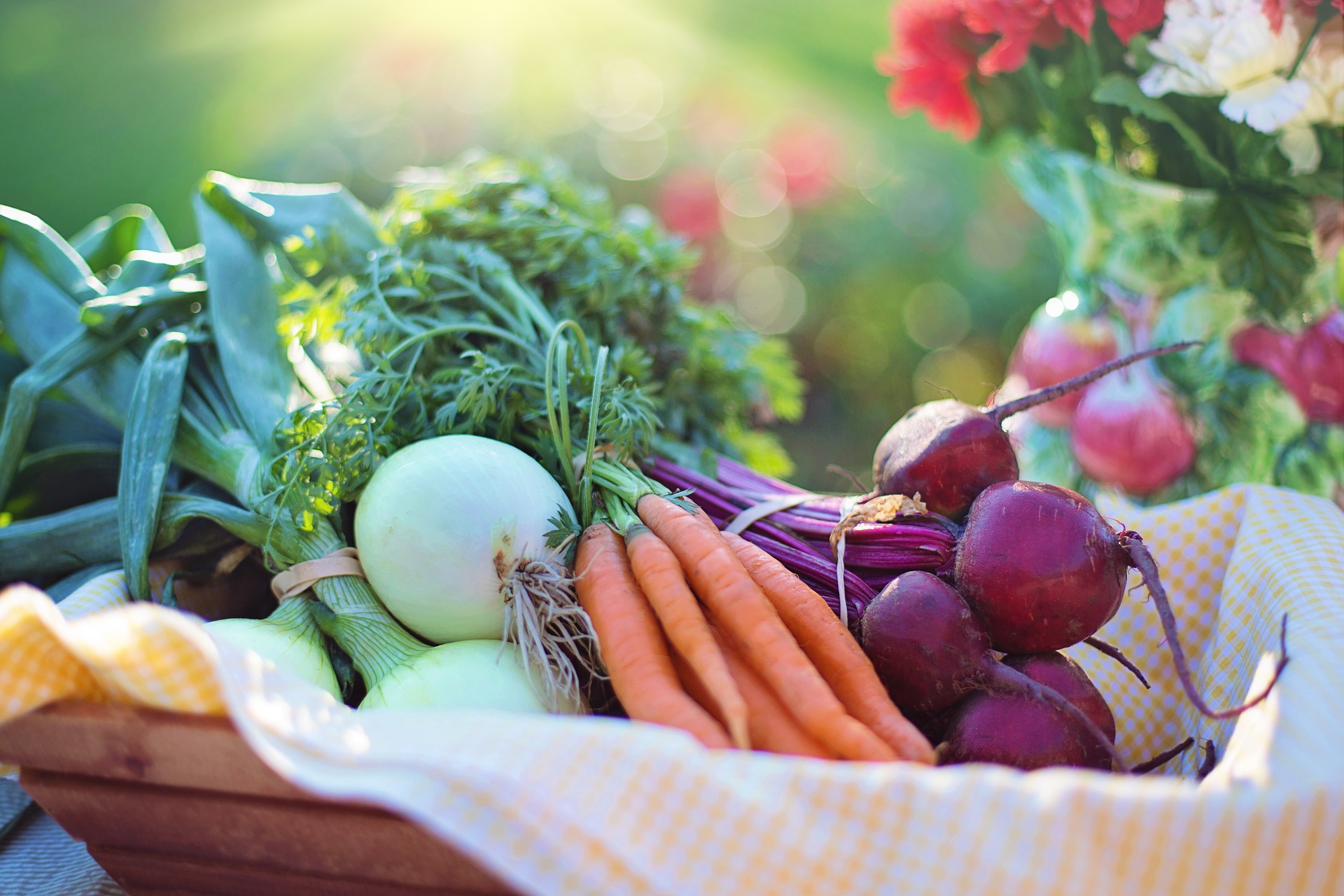Noereem Z. Mena, PhD, RD; Sarah Amin, PhD, MPH; Georgianna
Food is everywhere…accessible if you can afford it yet many
The Thrifty Food Plan (TFP) determines the allotment for Supplemental Nutrition
April 16-18 | CMHC Spring The Cardiometabolic Challenge: Navigating a
SNAP online grocery e-commerce has grown exponentially in a short
We are deeply saddened and troubled by the hate crimes
Blogadmin2025-11-14T03:46:09-05:00

